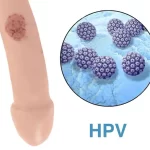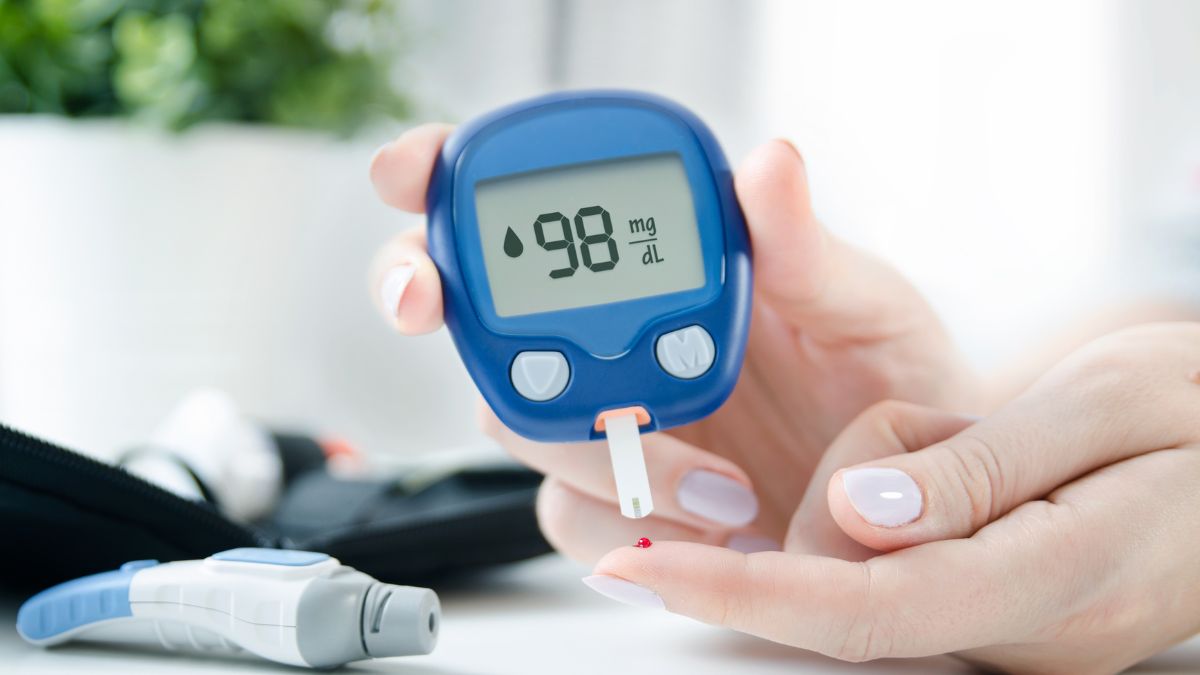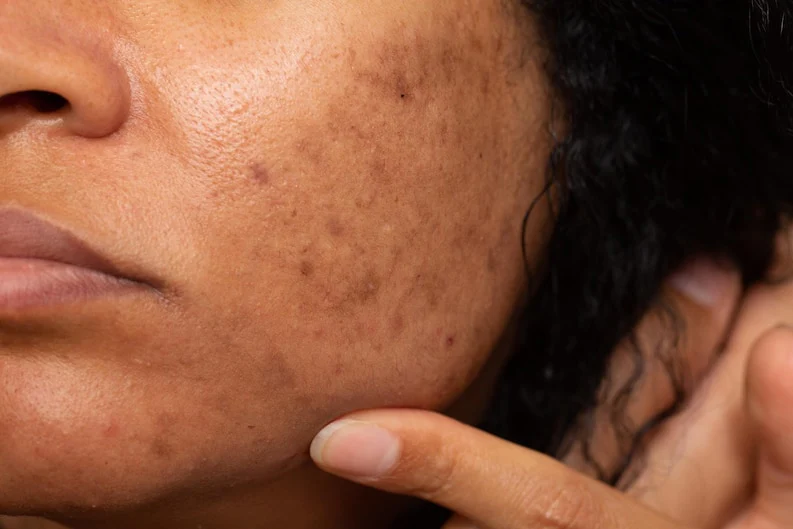How Do You Feel When Your Sugar Is Low?
Low Blood Sugar (Hypoglycemia): How do you feel when your sugar is low is an important question, however, let’s get to know about low blood sugar.
Low blood sugar, also known as hypoglycemia, occurs when the body’s blood glucose levels drop too low. Blood sugar levels below 70 mg/dL (3.9 mmol/L) are considered low and can be dangerous.
Causes
Hypoglycemia can result from several factors, including:
- Excessive Insulin: When there is too much insulin in the bloodstream, glucose is rapidly moved into cells, leading to low blood sugar levels.
- Rapid Glucose Usage: The body uses up glucose too quickly.
- Insufficient Glucose Production: The body produces too little glucose or releases it into the bloodstream too slowly.
- Diabetes Medications: Many diabetes medications, particularly insulin, can cause low blood sugar. However, not all diabetes medications have this effect.
- Exercise: Physical activity can lower blood sugar levels in people taking insulin for diabetes management.
Special Cases
- Newborns: Babies born to mothers with diabetes may experience significant drops in blood sugar immediately after birth.
- Non-Diabetic Causes: In individuals without diabetes, low blood sugar can be caused by:
- Alcohol consumption
- Insulinoma (a rare pancreatic tumor producing excess insulin)
- Hormonal deficiencies (such as cortisol, growth hormone, or thyroid hormone)
- Severe heart, kidney, or liver failure
- Systemic infections (sepsis)
- Certain weight-loss surgeries (typically five or more years post-surgery)
- Non-diabetic medications (such as certain antibiotics or heart medications)
Understanding Hypoglycemia
Insulin, a hormone produced by the pancreas, plays a crucial role in managing blood glucose levels by moving glucose into cells for storage or energy use.
When insulin levels are too high, or glucose is used or produced improperly, blood sugar can drop to dangerous levels, leading to hypoglycemia.
By understanding these causes and mechanisms, individuals can better manage and prevent low blood sugar episodes, especially those with diabetes or other predisposing conditions.
Symptoms of Low Blood Sugar (Hypoglycemia)
When your blood sugar drops too low, you may experience a variety of symptoms. These symptoms can range from mild to severe and can vary from person to person.
Common Symptoms:
- Double Vision or Blurry Vision: Difficulty seeing clearly.
- Fast or Pounding Heartbeat: Noticeably rapid or strong heartbeats.
- Irritability or Aggression: Feeling cranky or behaving aggressively.
- Nervousness: An unusual sense of anxiety or nervousness.
- Headache: Persistent or sudden headaches.
- Hunger: Sudden and intense feelings of hunger.
- Seizures: Uncontrolled shaking or convulsions in severe cases.
- Shaking or Trembling: Physical trembling or shaking.
- Sweating: Excessive sweating, even in a cool environment.
- Tingling or Numbness: Tingling or numb sensations on the skin.
- Tiredness or Weakness: General feelings of fatigue or weakness.
- Trouble Sleeping: Difficulty falling or staying asleep.
- Confusion or Unclear Thinking: Difficulty concentrating or thinking clearly.
Symptom Severity
- Mild Symptoms: Symptoms like hunger or sweating often occur when blood sugar is slightly low.
- Severe Symptoms: More serious symptoms, such as confusion or seizures, typically occur when blood sugar drops significantly, below 54 mg/dL (3.0 mmol/L).
Hypoglycemic Unawareness
In some cases, individuals may not experience noticeable symptoms of low blood sugar, a condition known as hypoglycemic unawareness. This can be dangerous as it may lead to fainting, seizures, or even coma without prior warning.
Managing and Preventing Hypoglycemia
For people with diabetes, it’s essential to maintain good control of blood sugar levels to prevent hypoglycemia. Here are some strategies:
- Continuous Glucose Monitoring: Using a continuous glucose monitor (CGM) can help track blood sugar levels in real-time and alert you when levels drop too low. Some CGMs can also notify designated individuals if your blood sugar falls below a certain threshold.
- Education: Learn how to recognize and treat low blood sugar. Treatment options include:
- Drinking juice
- Eating a quick snack
- Taking glucose tablets
- Administering a glucagon shot if prescribed
- Regular Monitoring: Frequently check your blood sugar levels, especially if you suspect they might be low.
Medical Evaluation
- Blood Glucose Monitoring: Use a glucose monitor to check if your blood sugar is below 70 mg/dL (3.9 mmol/L).
- Continuous Glucose Monitor (CGM): Your healthcare provider might suggest wearing a CGM for a period to continuously measure your blood sugar every five minutes, helping to identify unnoticed hypoglycemic episodes.
- Hospital Tests: If hospitalized, blood samples may be taken to measure blood sugar levels and determine the underlying cause of hypoglycemia.
Treatment Goals
The primary objective of treatment is to quickly raise blood sugar levels and prevent future episodes. This involves identifying and addressing the cause of the hypoglycemia.
For People with Diabetes:
- Immediate Treatment: Use fast-acting glucose sources like juice or glucose tablets.
- Glucagon Injection: In cases of severe hypoglycemia, a glucagon shot may be necessary to raise blood sugar levels.
- Insulinoma Treatment: If hypoglycemia is due to an insulinoma (a tumor producing excess insulin), surgery may be required to remove the tumor.
Regular Consultation
Always consult your healthcare provider to understand the causes, symptoms, and treatments of low blood sugar. Keeping informed and prepared can help manage and prevent hypoglycemia effectively.
Possible Complications of Severe Low Blood Sugar
Severe low blood sugar poses significant risks and can lead to serious medical emergencies, including seizures and potential brain damage. When an individual becomes unconscious due to severely low blood sugar, it is referred to as hypoglycemic or insulin shock.
Impact on Symptom Recognition
Experiencing severe episodes of low blood sugar can diminish the ability to recognize symptoms in future occurrences. This phenomenon, known as hypoglycemic unawareness, increases the risk of not responding promptly to low blood sugar levels.
Psychological Impact
People who have encountered severe low blood sugar episodes may develop fear or anxiety about managing their condition. This fear can lead to reluctance in adhering to prescribed insulin treatments, which are crucial for managing diabetes effectively.
When to Seek Medical Help
If you or someone you know experiences signs of low blood sugar that do not improve after consuming a sugary snack, immediate medical attention is necessary. Here’s what to do:
- Emergency Room Visit: If symptoms persist despite sugar intake, it’s essential to seek medical help promptly. Ensure you do not drive yourself to the hospital; instead, arrange for transportation or call for an ambulance.
- Call Emergency Services: Dial 911 or the local emergency number for immediate assistance.
- Medical Evaluation: Seek urgent medical attention if a person with diabetes or low blood sugar:
- Becomes increasingly lethargic or less responsive.
- Cannot be awakened from unconsciousness.
Managing Severe Low Blood Sugar
Prompt medical intervention is crucial in managing severe hypoglycemia to prevent complications. In a medical setting, healthcare professionals can administer glucose intravenously or provide glucagon injections to raise blood sugar levels rapidly.
Psychological Support
Addressing fear and anxiety related to severe hypoglycemia is important for maintaining effective diabetes management. Healthcare providers can offer education, support, and strategies to help individuals overcome their fears and maintain optimal blood sugar control.
Conclusion
Understanding the risks associated with severe low blood sugar and knowing when to seek medical help are vital components of managing diabetes safely.
By taking proactive measures and seeking timely medical assistance, individuals can minimize the risks of complications and ensure their health and well-being.

A graduate of Computer Science and Information Management Technology. Diploma – Caregiving, Certificates – Dementia and Diabetes Awareness and Management. A researcher, blogger, songwriter, singer and acoustic guitarist. Born in an environment where natural talents such as healing are imparted at our natural birth. This natural talents of healing is the result of our genetic inheritance and the training from family environment.























